Single-family property management is the practice of overseeing standalone properties on behalf of investors. This service ensures properties are well-maintained, profitable, and occupied by reliable tenants. Below, we provide a comprehensive guide to single-family property management, its services, and the tools that make it efficient.
What is Single-Family Property Management?
Single-family property management involves handling all aspects of maintaining and managing a standalone property. The ultimate goal is to maximize the property’s profitability while ensuring tenant satisfaction and compliance with local regulations.
Key responsibilities include:
- Ensuring the property remains in excellent condition.
- Attracting and retaining quality tenants.
- Managing all financial and operational aspects of the property.
Core Services in Single-Family Property Management
1. Maintenance
- Repairs: Addressing routine maintenance issues, such as plumbing or electrical repairs.
- Emergency Maintenance: Providing 24/7 support for urgent issues to maintain tenant satisfaction.
2. Accounting
- Financial Reporting: Keeping detailed records of income and expenses.
- Bill Payments: Managing utility bills, contractor payments, and other recurring expenses.
- Taxes: Preparing and filing tax documents for the property.
3. Communication
- Resident Updates: Ensuring tenants are informed about property policies, maintenance schedules, and other updates.
- Owner Communication: Keeping property owners updated on the financial and operational status of their property.
4. Inspections
- Walkthroughs: Conducting pre-move-in, move-out, and periodic inspections to document the property’s condition.
- Damage Documentation: Identifying and addressing damage to protect the owner’s investment.
5. Eviction Management
- Handling legal procedures for evictions.
- Managing squatters or unauthorized occupants in compliance with local laws.
6. Tenant Management
- Tenant Screening: Finding qualified tenants through background and credit checks.
- Communication: Managing tenant relationships, including lease agreements and responding to inquiries.
Tools for Single-Family Property Management
1. Property Management Software
Modern property management software streamlines operations by automating tasks such as:
- Rent collection.
- Maintenance request tracking.
- Financial reporting.
2. Client Portals
Client portals allow property owners to:
- Access real-time data on their property’s performance.
- View financial reports and maintenance updates without needing direct communication.
3. Communication Portals
Communication portals enhance interaction by enabling:
- Seamless updates between property managers and residents.
- Community-wide announcements and direct messaging for quick resolution of issues.
Why Invest in Single-Family Property Management?
Single-family property management offers peace of mind to property owners by taking care of the day-to-day responsibilities. It ensures properties are profitable and tenants are satisfied, all while maintaining compliance with legal and financial obligations.
Benefits Include:
- Reduced stress for property owners.
- Improved tenant retention through better communication and service.
- Maximized property value with proactive maintenance and inspections.
Frequently Asked Questions (FAQ)
1. What is included in single-family property management fees?
Property management fees typically cover services such as tenant management, maintenance coordination, financial reporting, and communication. Additional charges may apply for specific tasks like eviction handling or major repairs.
2. How do property managers screen tenants?
Property managers use comprehensive screening processes that include credit checks, background checks, employment verification, and rental history reviews to find reliable tenants.
3. How often are inspections conducted?
Inspections are usually performed before move-in, during move-out, and periodically (e.g., annually or semi-annually) to ensure the property is in good condition.
4. Can property owners access financial reports?
Yes, most property managers provide client portals where owners can access financial reports, maintenance updates, and other relevant information.
5. What happens if a tenant stops paying rent?
Property managers handle rent collection and will initiate eviction proceedings if necessary, ensuring compliance with local laws.
Conclusion
Single-family property management is a dynamic field that requires a combination of expertise, effective communication, and reliable tools. By outsourcing these responsibilities to a professional property manager, investors can focus on growing their portfolios while ensuring their assets are in good hands.
For more insights or to learn about our property management services, contact us today!
Helpful Links:
Single Family Property Management Jupiter FL
Top Questions to Ask a Property Manager Before Hiring Them
How to Market Single-Family Homes in South Palm Beach


